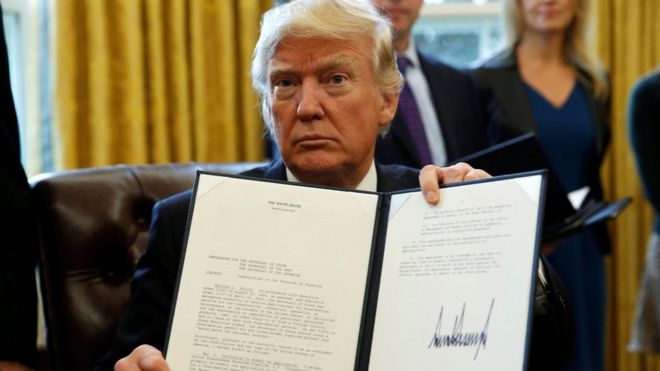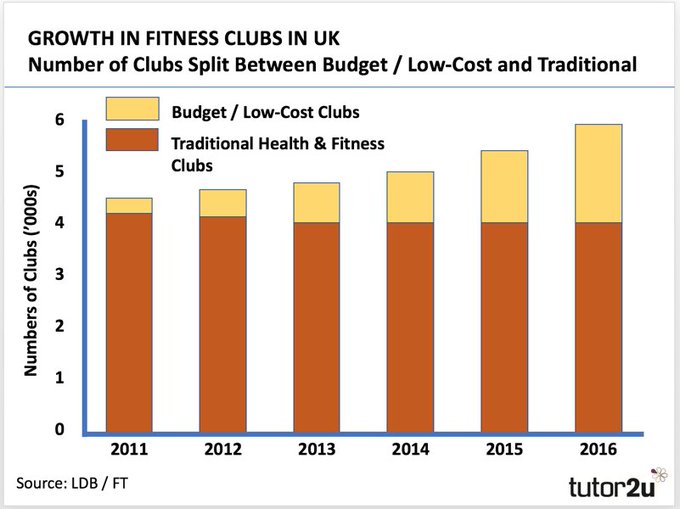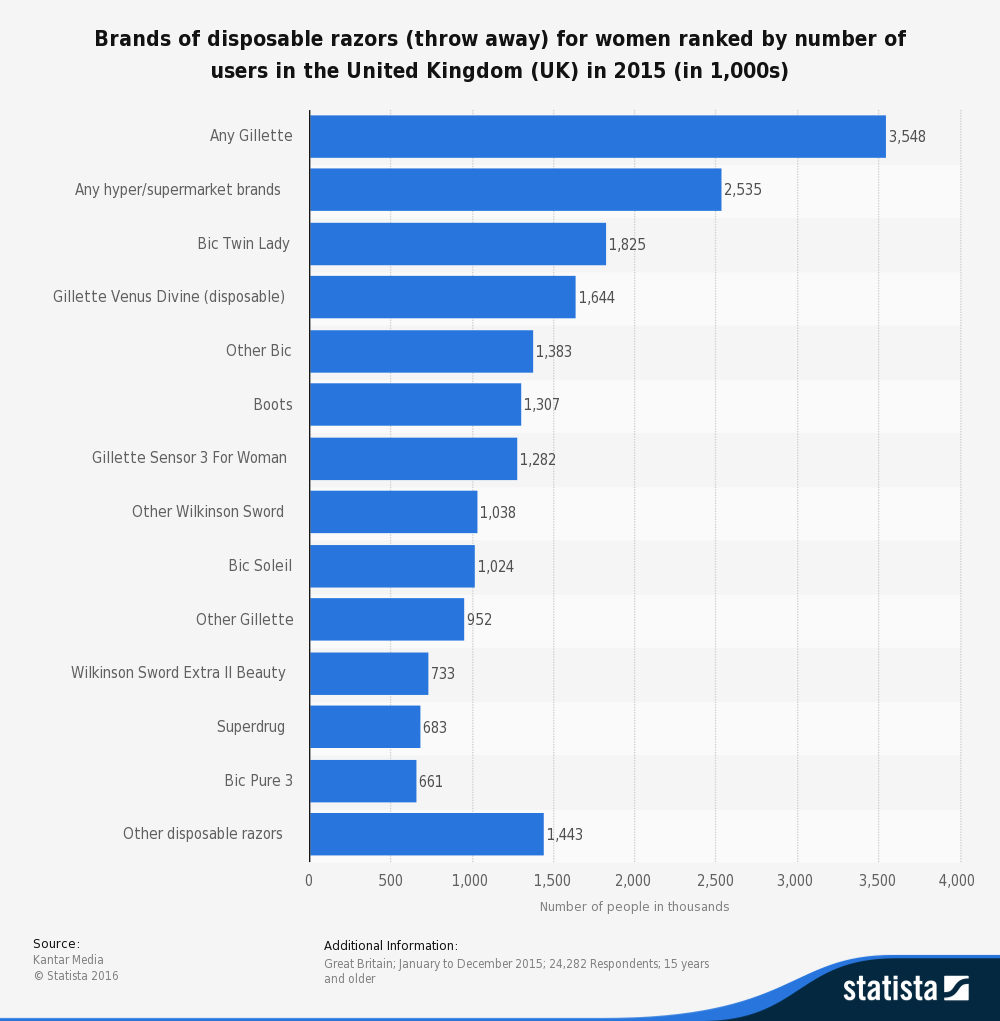Click here to access a classic example here of backward vertical integration as retailer Tesco has agreed a takeover of wholesaler and logistics business Booker Group.
I don't think anybody has any idea what the economic impact of Brexit will be. Steve Eisman
Total Pageviews
Monday 30 January 2017
Theme 4: Economics Development - Dar Es Salaam
A great development economics clip, with the World Bank looking at how the development of the new Rapid Bus Transit system in Dar es Salaam has improved the transport situation in this most fascinating of cities.
Not only has the government committed to making transport affordable, but it has also served to start tackling the externalities of congestion and boost the city's productivity.
Sunday 29 January 2017
Theme 1: Finland aims to be tobacco free by 2040!
The Finnish government has introduced a staggeringly ambitious aim to make their country tobacco free by 2040. technically this aim requires consumption of all kinds of tobacco to fall below 2% of the adult population.
This article from CNN is excellent enrichment reading for teachers and students looking at conventional and conventional interventions designed to change behaviour.
Do you think they will be successful?
What issues do you foresee?
Wednesday 25 January 2017
All Themes: Donald Trump - The first days
I have put together some articles from the BBC on Donald Trumps first few days in office. He has already been busy signing legislation and meeting with US firms.
Take some time to look at these and think about the economic impact on the US and the woirld in both the short and the long run.
Click here to read about Trumps meeting with big US car manufactures.
Click here to look at Trumps decision to back 2 major oil pipelines in the US.
Click here to access the link to Trumps decision to repeal Obamacare.
and one just in.....
Trump WILL build that wall and restrict immigration! Click here for article.
I could go on, but thats enough for today (I feel my stress levels rising!) :-)
Take some time to look at these and think about the economic impact on the US and the woirld in both the short and the long run.
Click here to read about Trumps meeting with big US car manufactures.
Click here to look at Trumps decision to back 2 major oil pipelines in the US.
Click here to access the link to Trumps decision to repeal Obamacare.
and one just in.....
Trump WILL build that wall and restrict immigration! Click here for article.
I could go on, but thats enough for today (I feel my stress levels rising!) :-)
Tuesday 24 January 2017
Theme 4: Inequality and Globalisation
Paul Krugman, Angus Deaton and Joseph Stiglitz look at aspects of inequality driven by globalisation and pervasive rent-seeking in this short video. Over the long run can we ever close the enormous gap between rich and poor?
Theme 2 & 4: Fiscal Policy - A cartoon story!
This is a fantastic introduction to taxation as part of fiscal policy. On a sheet of paper design your own optimal tax system (and contrast with the current model). And then they will have to justify getting rid of one tax and introducing another new one.
Monday 23 January 2017
Sunday 22 January 2017
Theme 4: Globalisation - an article discussing the benefits
Jim O'Neill wins today's award for money-for-old rope with an article that defends globalisation. The only way that this differs from a good student defending the issue, is that by using the example of the Chilean economy which has grown despite its dependence upon copper exports, he's provided a specific case study to support the argument.
It would have been more interesting to argue that globalisation has also enabled resource-poor economies, like South Korea, to develop, although, admittedly, this is also due to the extent to which it benefitted from US aid, and, as Ha-Joon Chang argues, a willingness to resist pressures to adopt a purely free market approach to development.
Thursday 19 January 2017
Theme 4: Free trade - Good or Bad
We rather take for granted the maxim that free trade is a good thing. This article from the BBC's Andrew Walker might just, at the margin make you think again. It makes it clear that economic theory is unequivocal: free trade is good for the whole, but that this doesn't mean that it's good for every individual.
And then it goes on looking at whether or not, even accepting for economy-wide gains, the losers from free trade are adequately compensated, and it concludes that rarely are. As Lawrence Mischel of the Economic Policy Institute, is quoted as saying that "The winners have never tried to fully compensate the losers, so let's stop claiming that trade benefits us all."
Theme 3: Contestability - The UK Gym market
Many A-Level Business & Economics students are looking in depth this year at the UK gym market
as part of their exam preparations. Some of Jim's tweeted charts are superb context for
understanding the contestability of the sector and in particular the rapid emergence of new low-cost
gyms with different pricing models.
The most significant change in the UK Fitness Club market in recent years has been the rapid growth of budget chains #edexcelpaper3
tutor2u Business
Theme 4: Essay on trade patterns
In the early 1970s, the USA, Germany and Japan accounted for over one-third of
world trade but, by the 1990s, global trade had become more diversified. By 2012,
China was the world’s second largest trading country after the USA.
Assess the factors that may cause changes in a country’s pattern of trade with
other countries. (20 Marks)
Plan
Introduction - definitions
3 analysis points
2/3 evaluation
Conclusion
You could possibly include the following:
Trade Blocs
Currency movements
Terms of trade
Globalisation
Transport Costs
MNCs
WTO
Exploit comparative advantage/specialisation
Collapse of communism
Isolationism (relatively new - BREXIT?TRUMP)
Political stability
FDI - Towards East/Asia/Africa
Tariffs & Quotas
The search for new resources - Africa/South America
world trade but, by the 1990s, global trade had become more diversified. By 2012,
China was the world’s second largest trading country after the USA.
Assess the factors that may cause changes in a country’s pattern of trade with
other countries. (20 Marks)
Plan
Introduction - definitions
3 analysis points
2/3 evaluation
Conclusion
You could possibly include the following:
Trade Blocs
Currency movements
Terms of trade
Globalisation
Transport Costs
MNCs
WTO
Exploit comparative advantage/specialisation
Collapse of communism
Isolationism (relatively new - BREXIT?TRUMP)
Political stability
FDI - Towards East/Asia/Africa
Tariffs & Quotas
The search for new resources - Africa/South America
Theme 2 & 4: UK Unemployment figures released - Feb 17
Click here for the latest data on UK unemployment. What you should be doing is asking why this is the case. What have the government done to encourage this fall in unemployment or is it external factors (fall in the pound, growth of world economy etc)
Wednesday 18 January 2017
Theme 4: The Terms of Trade
More on the Terms of Trade
Primary Product Dependency and the Terms of Trade - excellent practical presentation with real world examples
Sunday 15 January 2017
Theme 1: Behavioural Economics - Complete set of presentations
Click here at access several short clips on 'Behavioural Economics'. Excellent for all aspects of a topic that is new to the syllabus and therefore, very likely to be tested at AS and A level.
The assumption of rationality is the following:
Agents choose independently
An agent has fixed tastes and preferences
Gathers complete information on the alternatives
Always make optimal choice given his/her preferences
In the new behavioural models, economic agents are seen to act more like the following:
Have limited computational capacity
Are influenced by their social networks
Often act reciprocally
Lack self control
Make different choices in hot and cold states
Often fall back on simple heuristics
Satisfice rather than maximise
Are influenced to some extent by persistent cognitive biases
The assumption of rationality is the following:
Agents choose independently
An agent has fixed tastes and preferences
Gathers complete information on the alternatives
Always make optimal choice given his/her preferences
In the new behavioural models, economic agents are seen to act more like the following:
Have limited computational capacity
Are influenced by their social networks
Often act reciprocally
Lack self control
Make different choices in hot and cold states
Often fall back on simple heuristics
Satisfice rather than maximise
Are influenced to some extent by persistent cognitive biases
Thursday 12 January 2017
Theme 2 & 4: Essay question on Fiscal policy (June 2007)
Pat exam question on Unit 2/4 stuff. As you will be tested on fiscal policy this year, it is useful for revision. Hand in Sunday please
a) 3 pts, 3 evaluation - approx 22 minutes in the exam (1 1/2 sides)
b) 4 pts. 4 evaluation - approx 33 minutes in the exam (2 1/2 sides)
(a) Between 1999 and 2001 the UK had a fiscal surplus but from 2002 there has been an increasing fiscal deficit. Examine the likely causes of this trend. (20)
(b) Evaluate the likely economic effects of an increasing fiscal deficit for the UK economy. (30)
a) 3 pts, 3 evaluation - approx 22 minutes in the exam (1 1/2 sides)
b) 4 pts. 4 evaluation - approx 33 minutes in the exam (2 1/2 sides)
(a) Between 1999 and 2001 the UK had a fiscal surplus but from 2002 there has been an increasing fiscal deficit. Examine the likely causes of this trend. (20)
(b) Evaluate the likely economic effects of an increasing fiscal deficit for the UK economy. (30)
Wednesday 11 January 2017
Theme 3: Robbie and price discrimination!
As I was drinking my coffee trying to wake up this morning, I saw this on the BBC news website. (click here to access). It seems that Robbie has read up on how price discrimination and inelastic demand can be turned into more revenue and profits by capturing consumer surplus!
Would you pay $100 more than the asking price for a ticket?
Would you pay $100 more than the asking price for a ticket?
Monday 9 January 2017
Sunday 8 January 2017
Theme 3: Price Discrimination - Tesco and razor blades
Tesco has announced it is ending the practice of charging more for women's razor blades than men.
Tesco cuts women's razor prices to end ‘sexist pricing’ http://bbc.in/2hGesdw
They argue that economies of scale have helped explain some of the price difference. The bigger volume of men's razors sold should in theory lead to lower long run average costs. But we shouldn't take that justification at face value!
As you can see from the graphic below, Gillette is the dominant firm in the women's razor market in the UK.
Wednesday 4 January 2017
Monday 2 January 2017
Subscribe to:
Posts (Atom)








